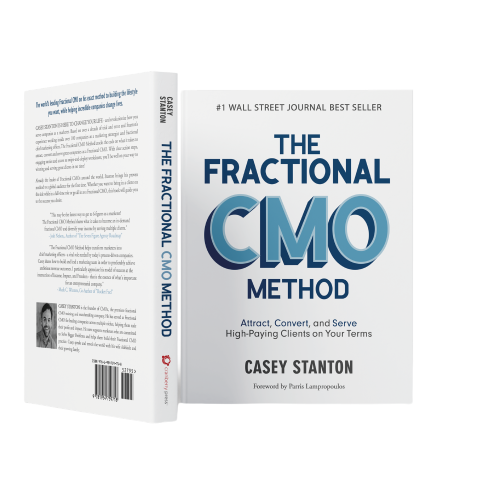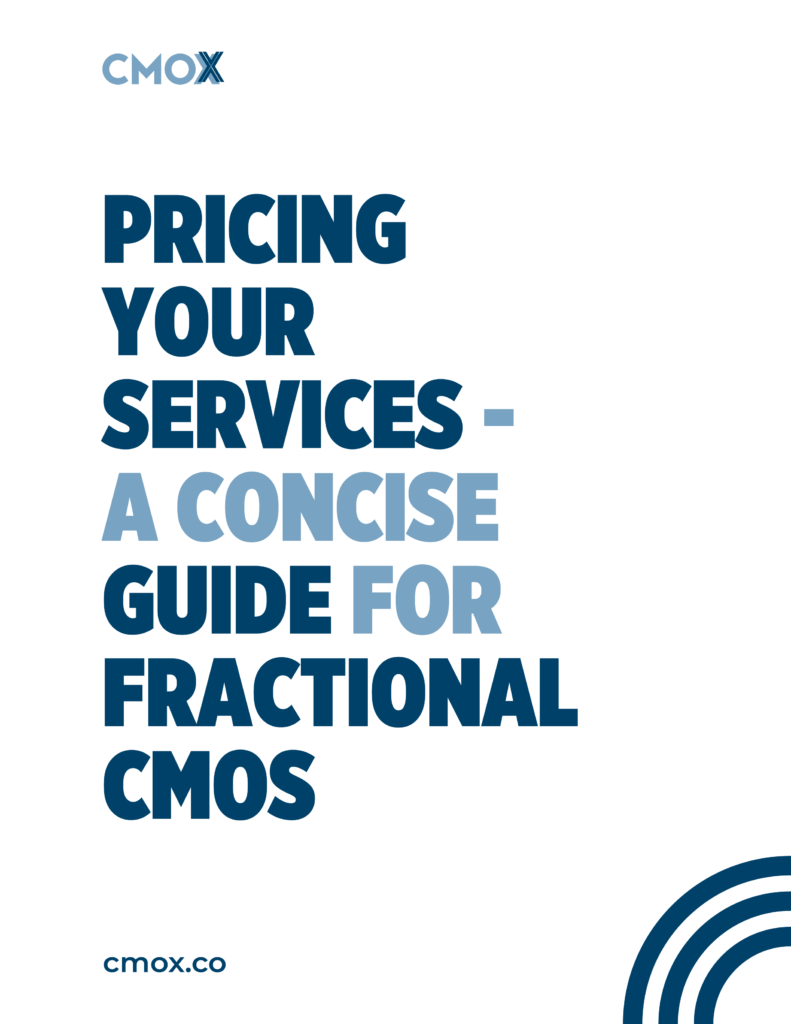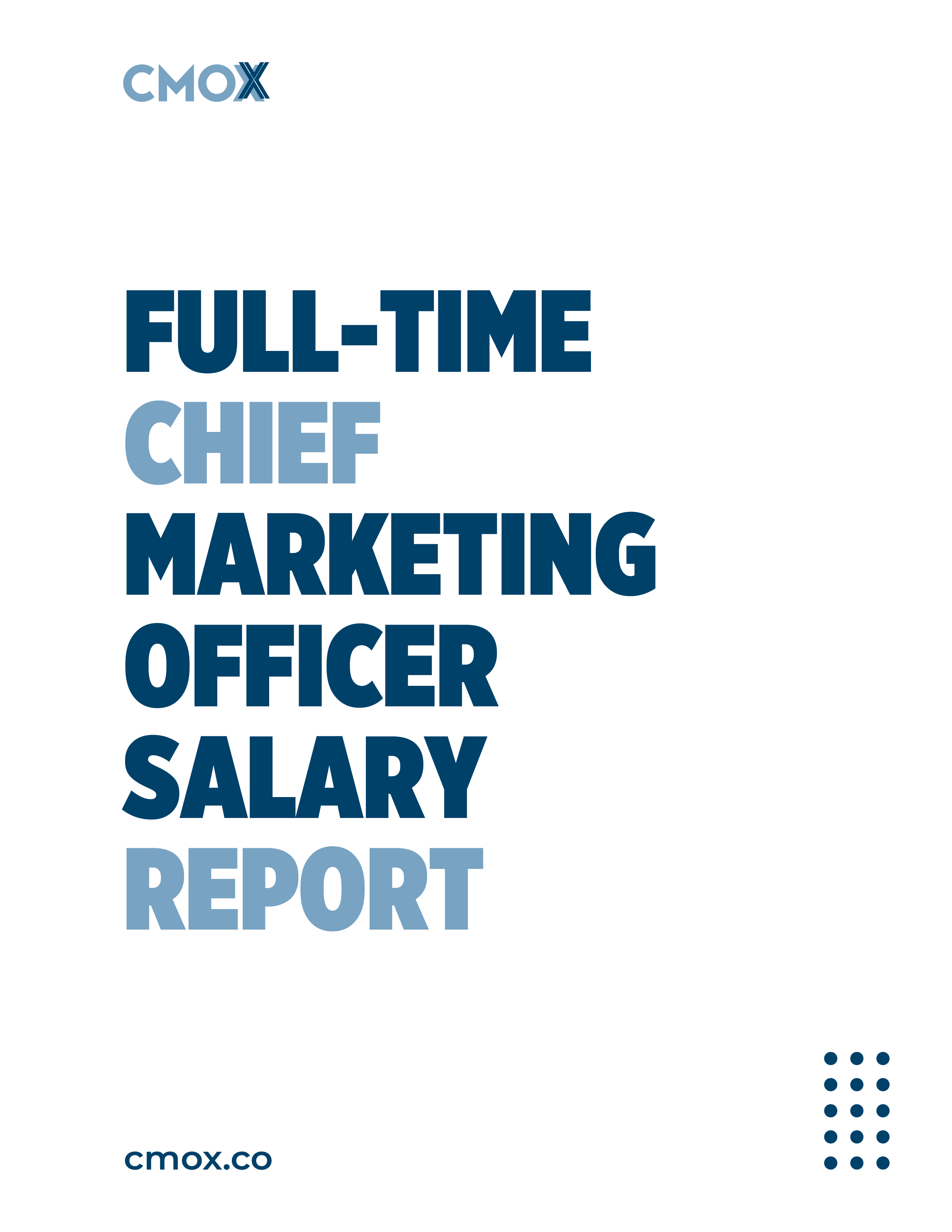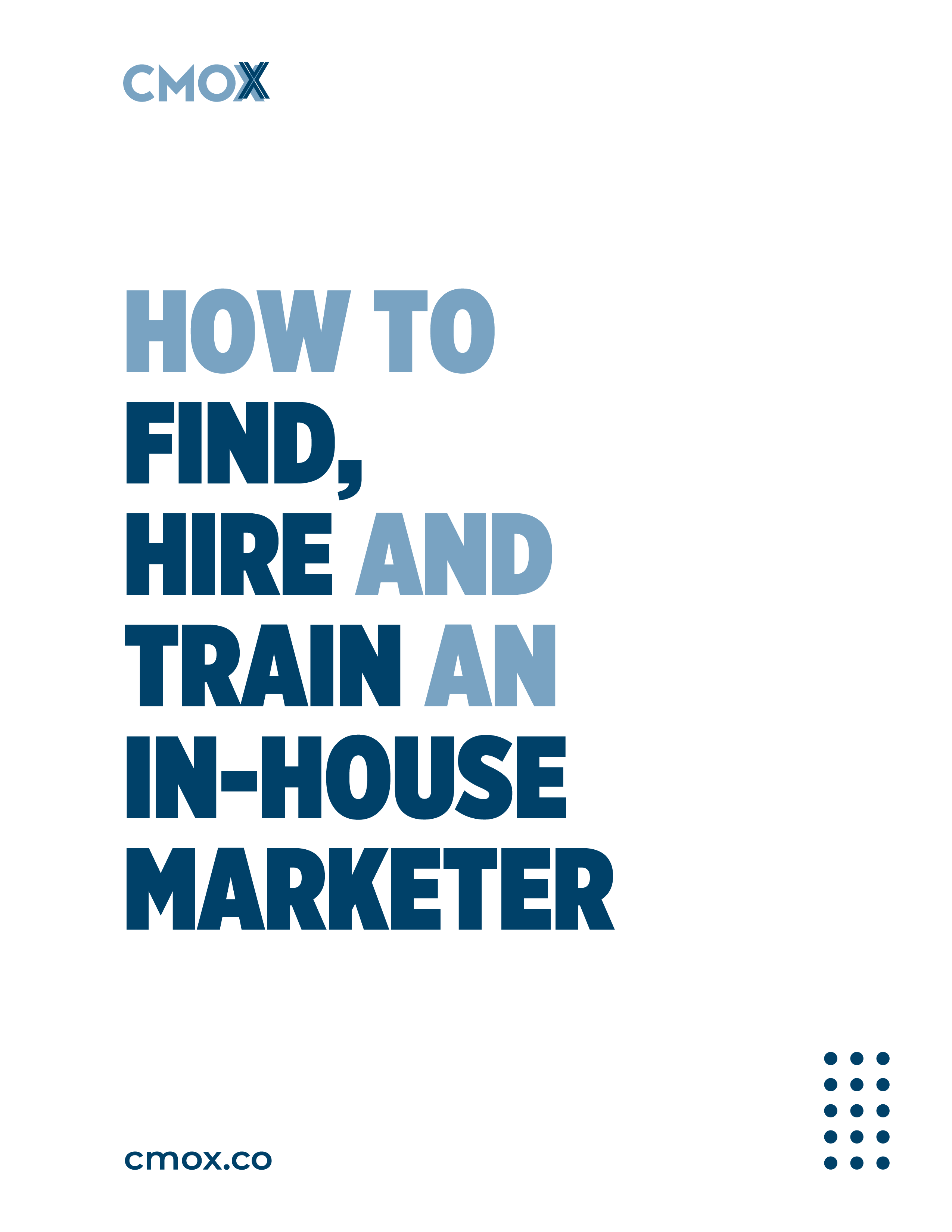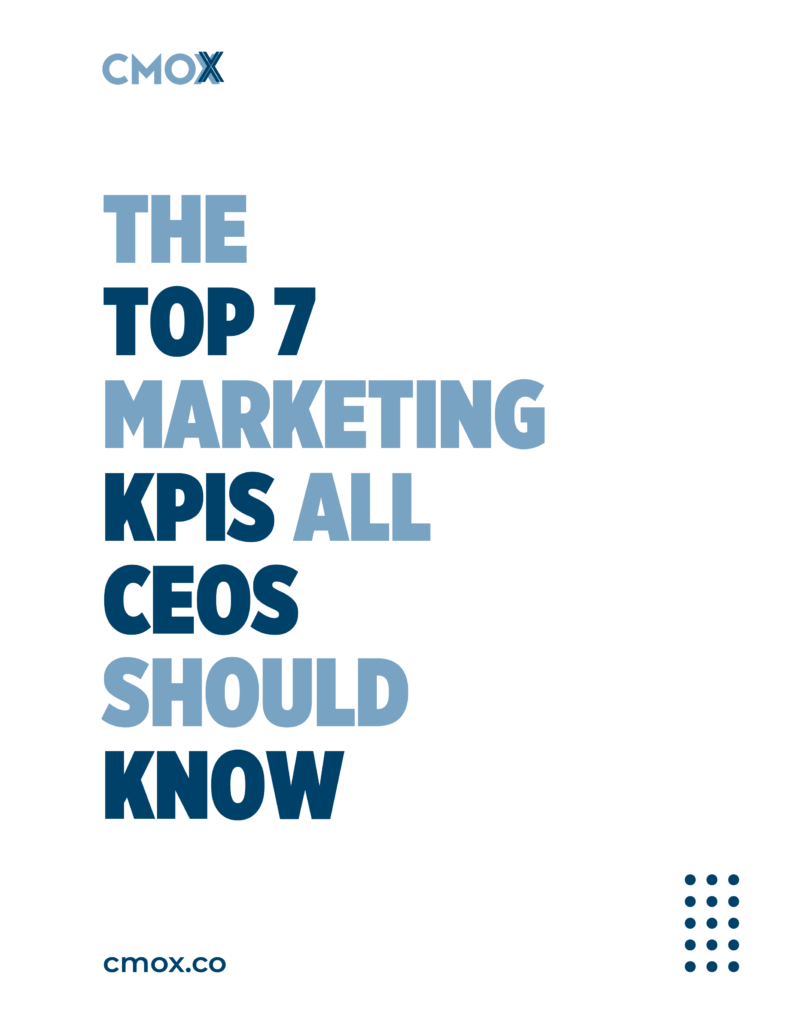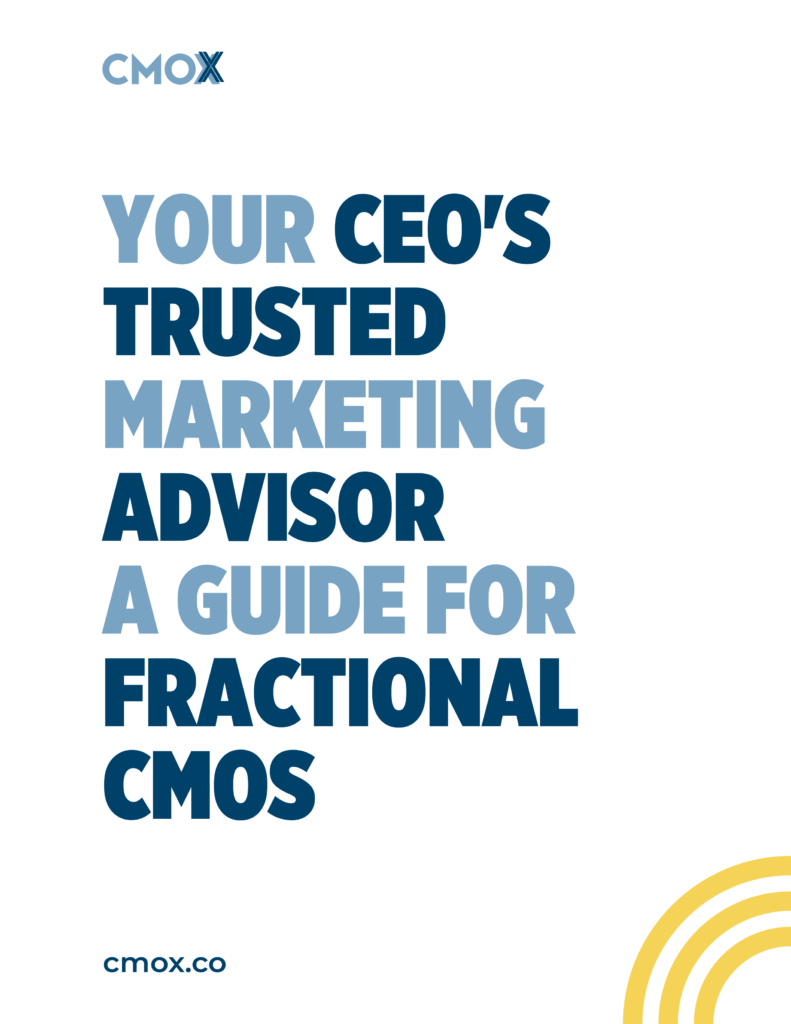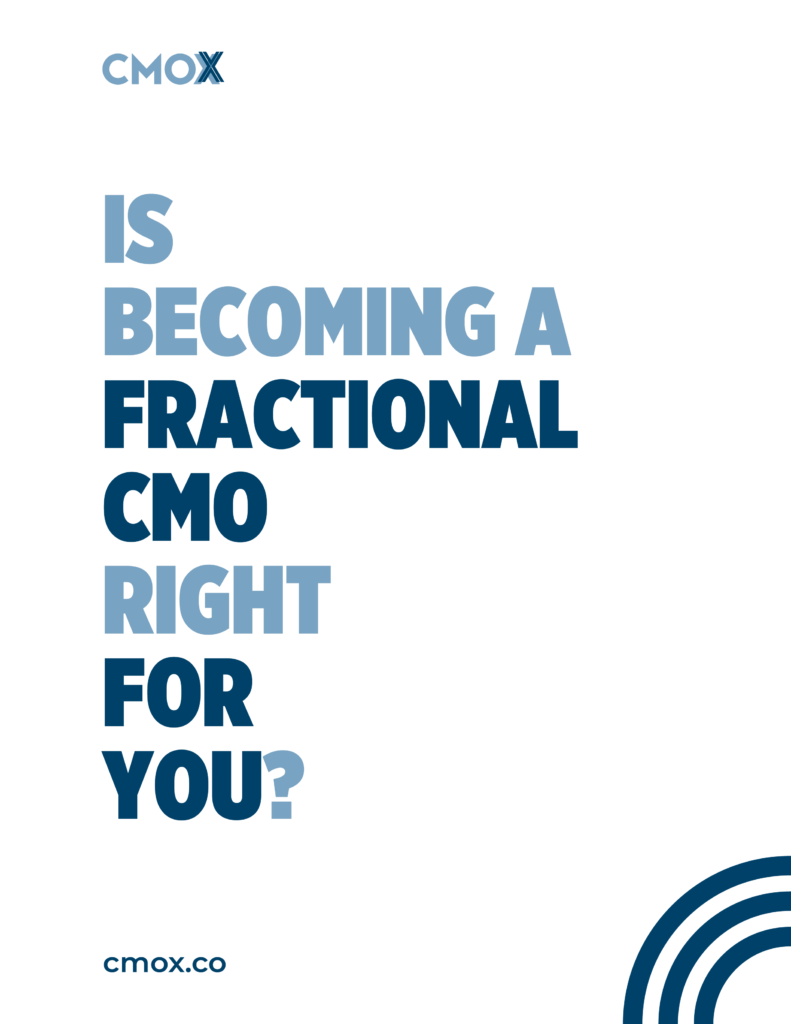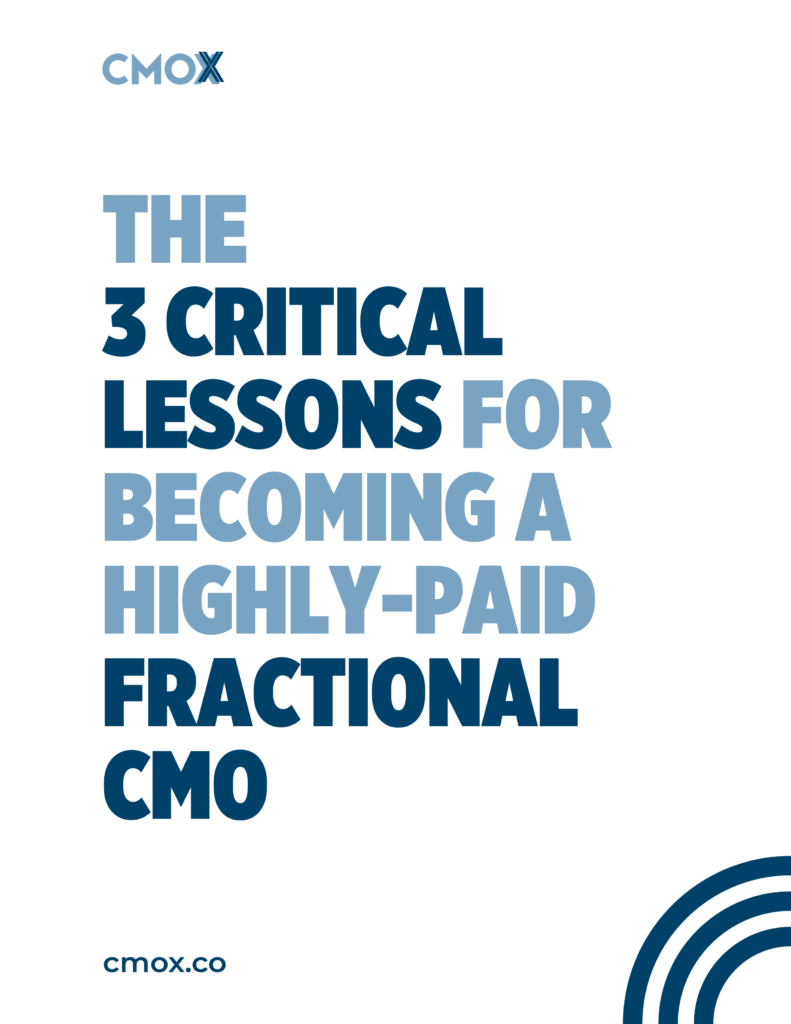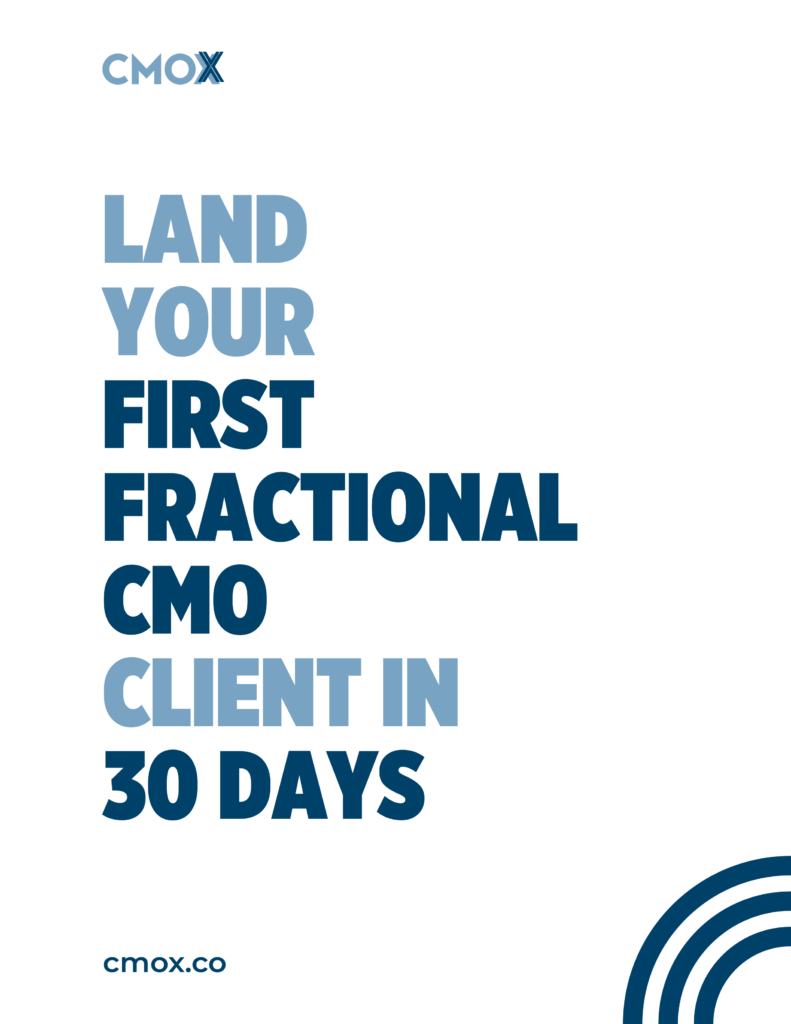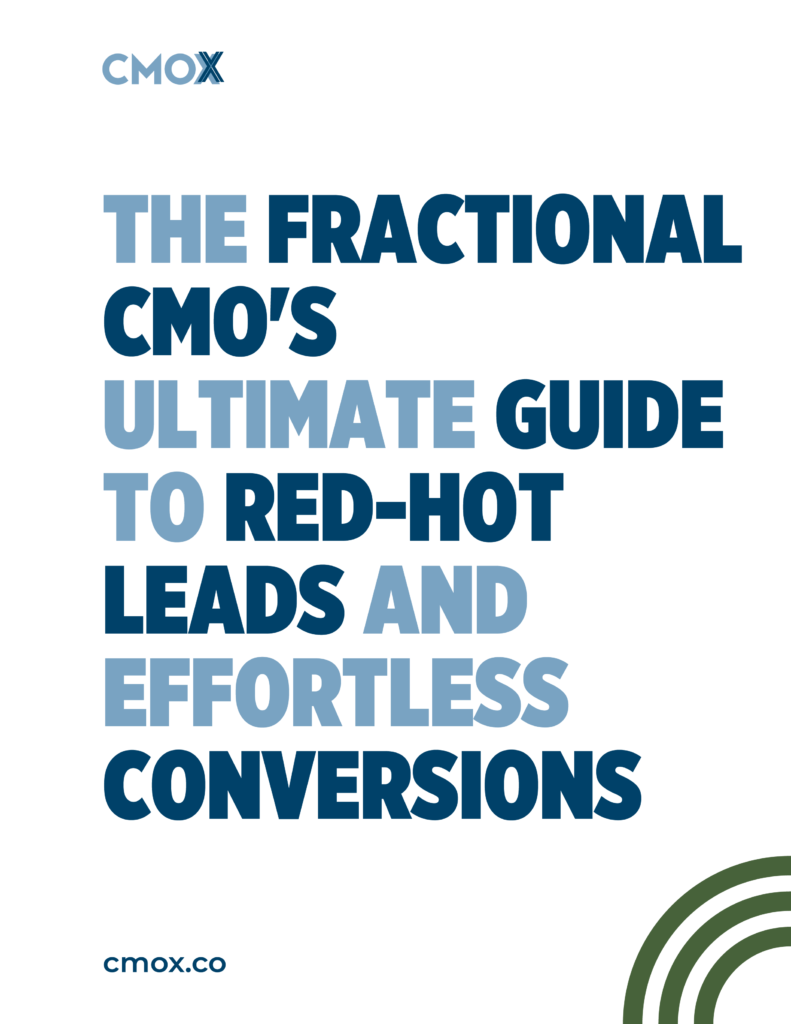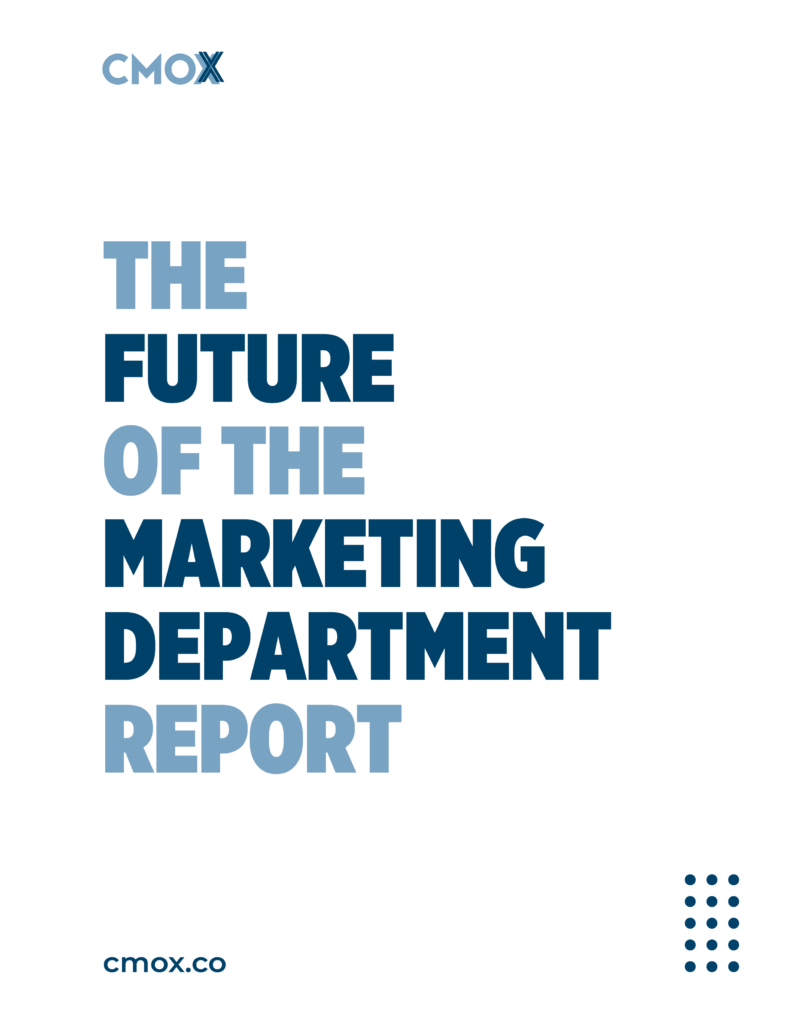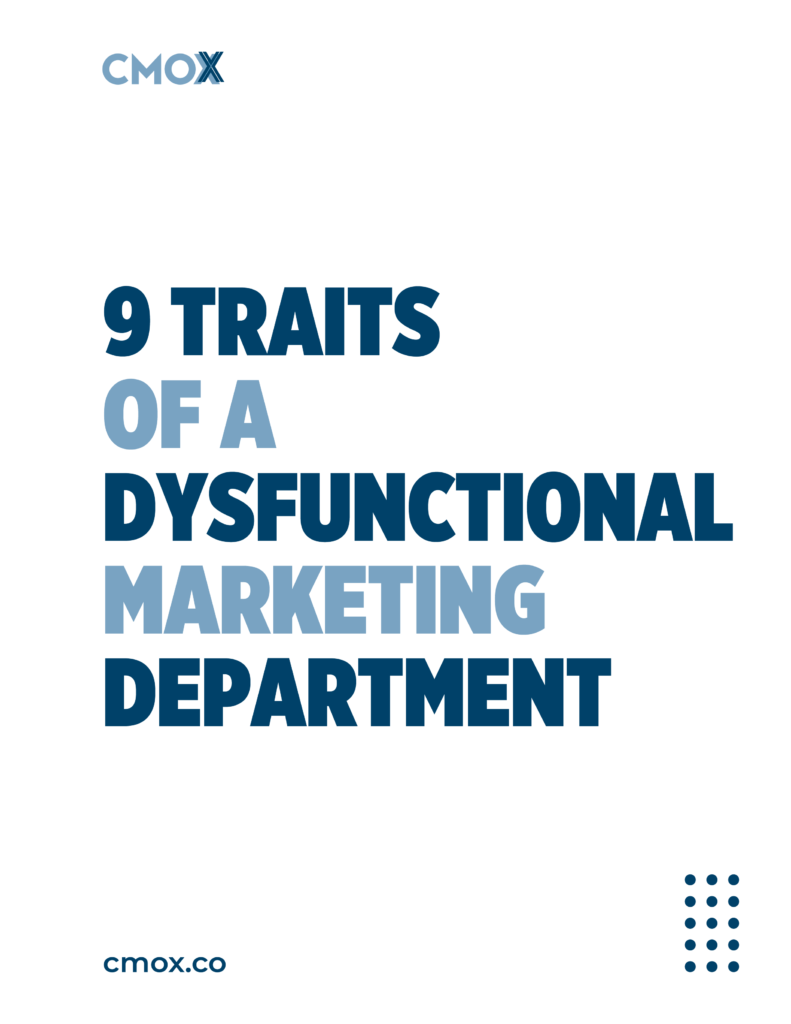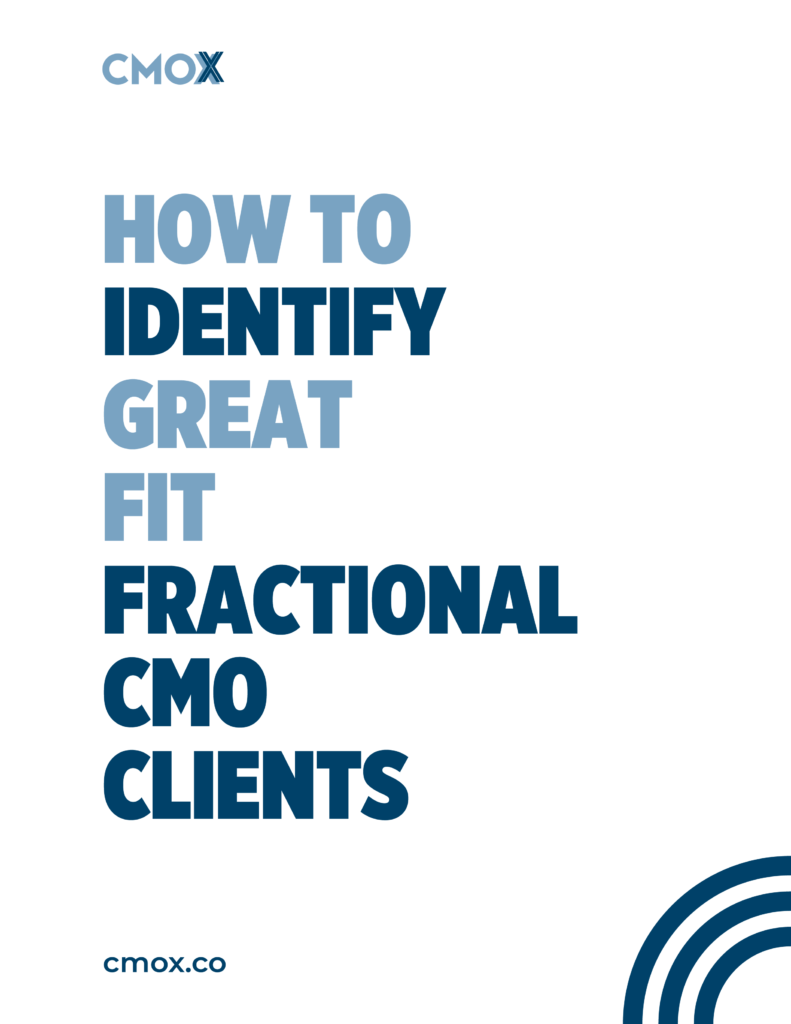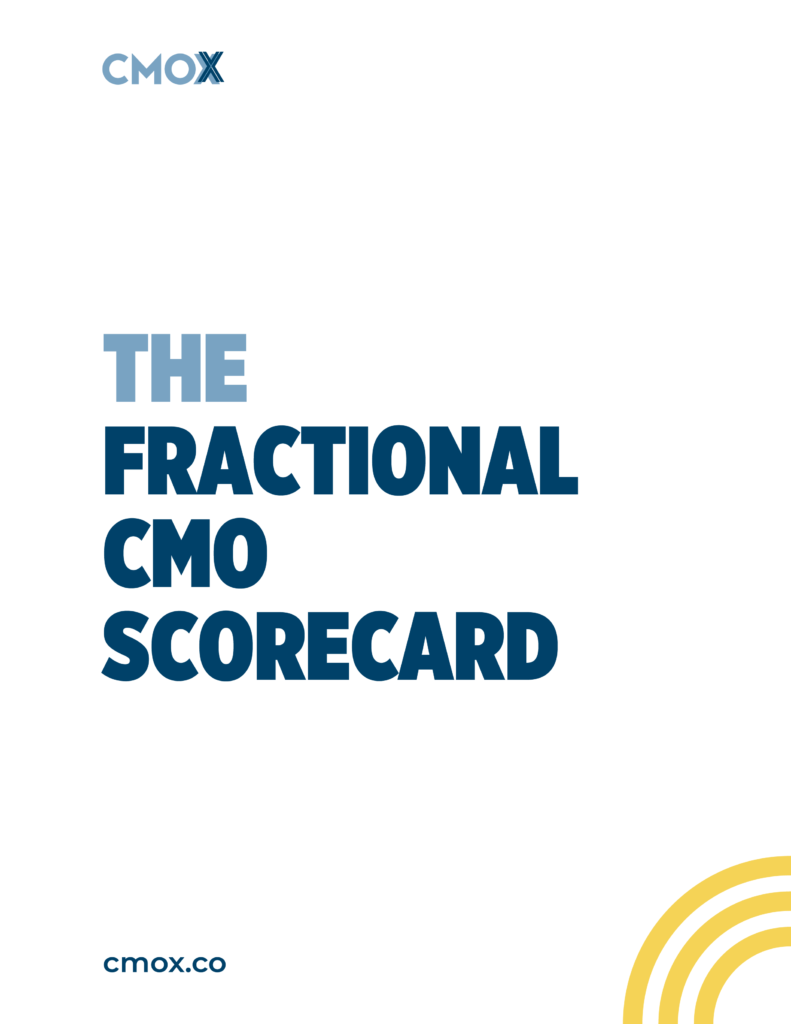Episode highlights:
When evaluating whether you should work with a client, it’s important to examine their openness to using technology to help them improve what they do. It’s much easier to work with a company that is open to adapting and using technology.
The baseline for any company’s tech stack is a quality CRM (Customer Relationship Management) tool. While some companies will try to force a tool like Mailchimp into the role of a CRM, it’s better to use purpose-made software.
At its core, data warehousing refers to storing all of the data that could matter to your client in an organized, searchable way. Examples of data to store include lead origination date, lead source, contact information, purchase history, etc.
The main criterion for a data warehousing solution that you need to consider as a CMO is whether you can easily access that data through queries. If you can’t extract trends in the data or filter it, that solution has little practical value.
The right data storage tool for you depends on your company but at the very least you should be able to track a lead’s journey through the funnel.
As the CMO, you don’t have to be the one that handles every technical aspect of implementing a new MarTech tool. Delegate out the details so you can Solve Bigger Problems.
Quote of the show:
”I would much rather work with a company that was open to using middleware like Zapier to get stuff to happen than one who wasn’t“
Join Our Community
We are excited to announce the Fractional CMO Community Facebook Group. This aims to be a place where Fractional CMOs or marketers considering becoming a Fractional CMO can connect and share ideas.
Locations CMOx® serves
- New York
- Philadelphia
- Los Angeles
- San Francisco
- Chicago
- Houston
- Dallas
- Austin
- Miami
- Atlanta
- Denver
- Boston
- San Diego
- Seattle
- Portland
- Minneapolis
- Milwaukee
- Detroit
- Phoenix
- Washington D.C.
- St. Louis
- Toronto


